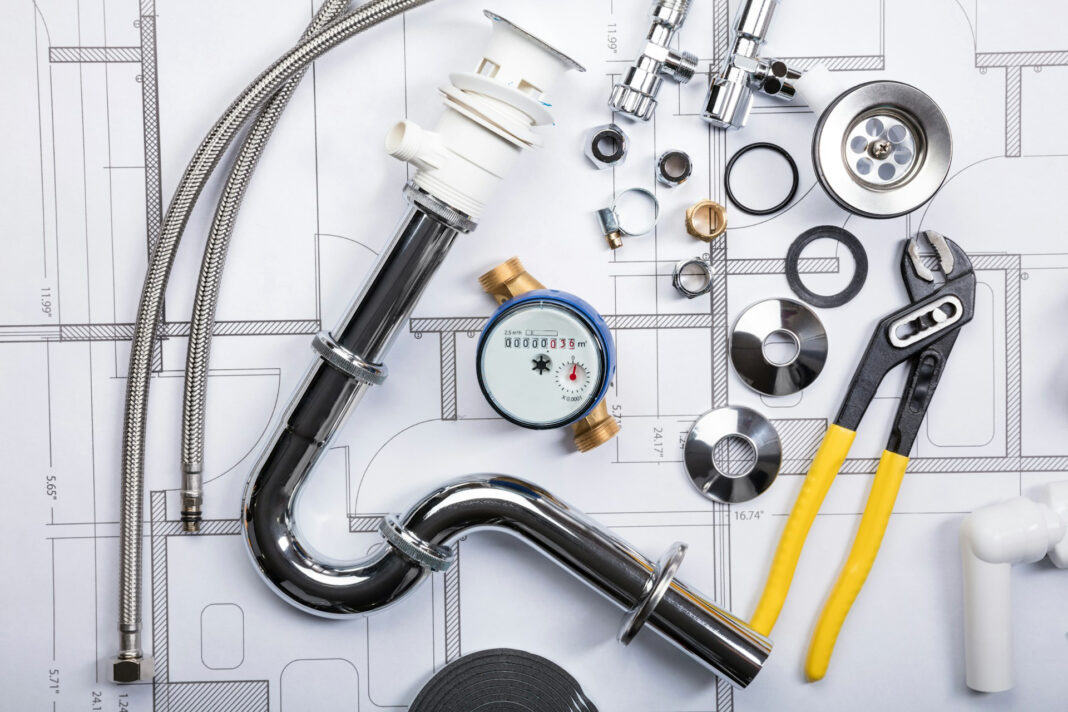Imagine waking up to a flooded bathroom, water seeping under the door and threatening to ruin your floors. The frantic search for emergency plumbing help begins, and amidst the rising water, the question of cost looms large. Knowing the average expense for such urgent repairs isn’t just about budgeting; it’s about safeguarding your home and sanity. This article aims to demystify the financial aspect of plumbing repairs, especially during those unpredictable moments. We’ll explore the typical costs for emergency and standard plumbing services, dissect the elements that drive pricing, and provide insights into how to secure fair and transparent estimates. Understanding these costs allows you to act quickly and confidently when faced with plumbing emergencies, ensuring your home is protected without breaking the bank.
What factors affect the price of plumbing repairs?
As with any service, the underlying plumbing costs vary depending on several factors. It’s not a one-size-fits-all solution.
- Location: Where you are located matters; for example, living in a big metropolitan area such as Sydney or Melbourne typically involves higher labour costs than rural regions.
- The complexity of the job: Fixing an easy faucet problem will cost much less than replacing your entire sewer line.
- Day/week: Emergency on-call work generally costs more if performed after 5 p.m. or on weekends.
- Materials—High-quality pipes and fixtures will increase the total price, but they can also be the difference between a long lifespan and costly issues down the road.
- Type of service provider: Well-regarded, reliable companies will usually cost more but offer better guarantees and experience.
What do standard plumbing services cost?
Knowing the typical price ranges can help you budget and avoid getting ripped off. This is the moment when the rubber meets the road.
- Blocked drains: $100 to $300, depending on access and severity.
- Leaky faucets/pipes: An average fix might cost anywhere from $80 to $250.
- Hot water system repairs/installations: The cost of some quality hot water installations varies widely, ranging from $200 for a minor repair to $2,000+ for a new installation.
- Toilet repairs/installations: $150–400
- Gas stove repairs: Because they can pose safety risks, they tend to be pricier, costing between $150 and $500+.
- Emergency call-outs: These can carry an additional high charge, even double the typical service fee.
How do you get an accurate estimate?
Getting a precise estimate is key to avoiding sticker shock. Here’s how to do it right.
- Detailed description: Try to be as descriptive as possible about the issue that you are facing.
- Get multiple quotes: Consult with at least three different plumbers and obtain quotes to help you compare prices.
- Site visit: Ask for an on-site assessment, especially for complex jobs.
- Never get a verbal quote: Always get a written quote detailing the working scope and expected costs.
- Inquire about guarantees: Good plumbers will give you a guarantee for their work.
When does a DIY approach make sense, and when doesn’t it?
Some plumbing jobs are do-it-yourself (DIY) friendly; others require professional help. It takes some know-how, but it’s well worth the time.
- Difficulty: Replacing a faucet washer, rooting out a small clog or changing a showerhead.
- Gas stove repairs (needed): Need professional (Gas line repair, sewer line problem, hot water system, pipe repair)
- Prioritising safety is non-negotiable, especially when dealing with gas. Therefore, always rely on professional gas stove leak repair services from a licensed expert.
The importance of hiring licensed and insured plumbers
- The best investment: Licensed and Insured Plumbers Peace of Mind. This is not the place to cut corners.
- Hire with expertise: Professional plumbers get trained in-depth for complicated plumbing problems.
- Insurance: In the event of accidents or damage, insurance will protect you from liability.
- Compliance: Licensed plumbers are knowledgeable about local building codes and regulations.
- Warranty — Most reliable plumbers provide warranties for their work.
What questions do you need to ask a plumber before hiring?
Asking the right questions can help you choose a reliable and trustworthy plumber. It is an interview, and you are the interviewer.
- Are you licensed and insured?
- What experience do you have doing this kind of repair?
- Can you provide references?
- Do you provide a warranty for your work?
- It would be good if they already know your rates and payment structure.
- Can you give me a detailed, written quote?
- How fast can you make a response to an emergency?
- When the job’s finished, you clean up, right?
How does preventative maintenance save you money?
Regular maintenance can minimize the chances of expensive repairs in the future. A stitch in time saves nine.
- Regular inspections: Plan an annual inspection to catch any issues early on.
- Clean the drains: You should clean the drains regularly to avoid clogs and overflows.
- Water heater maintenance: Flush your water heater yearly to help eliminate sediment buildup.
- Inspect for leaks: Periodically check any pipes or fixtures for leaks.
- Correct disposal: Do not flush non-flushables, such as the toilet, where they do not belong.
What red flags should a homeowner look for when hiring a plumber?
Knowing the warning signs can help you avoid scams and subpar work. Buyer beware and all that.
- Lowball quotes: If a quote seems too good to be true, it’s usually because it is.
- Pressure tactics: Steer clear of plumbers who pressure you into making quick decisions.
- No license or insurance: Do not hire a plumber who cannot show proof of licensing and insurance.
- Unprofessional communication: You need to communicate clearly and professionally.
- No reviews are available: Read online reviews and testimonials.
Knowing the average price to refer a plumber, what factors determine the price, and how to find a good plumber will save you time and money. Knowing which questions to ask as you do your homework will also help you ensure that your plumbing problems are solved correctly and inexpensively.
Conclusion
Knowing the costs of plumbing repairs can help you decide wisely. Armed with an understanding of the different factors that drive up pricing, a gaggle of quotes from vetted professionals, and a list of issues you could address on your own, I believe that navigating plumbing issues confidently is possible. Don’t let surprises amid an inconvenient event cost you—get smart and make the right choice.






